ASP held an online webinar discussing the opportunities and challenges at the intersection of U.S. liquified natural gas (LNG) and international security.Read more...


ASP held an online webinar discussing the opportunities and challenges at the intersection of U.S. liquified natural gas (LNG) and international security.Read more...

As U.S.-China trade tensions rise and U.S. LNG export capacity expands, Washington must work with allies and industry partners to strike deals that favor U.S. gas companies and limit China's political leverage. Read more...
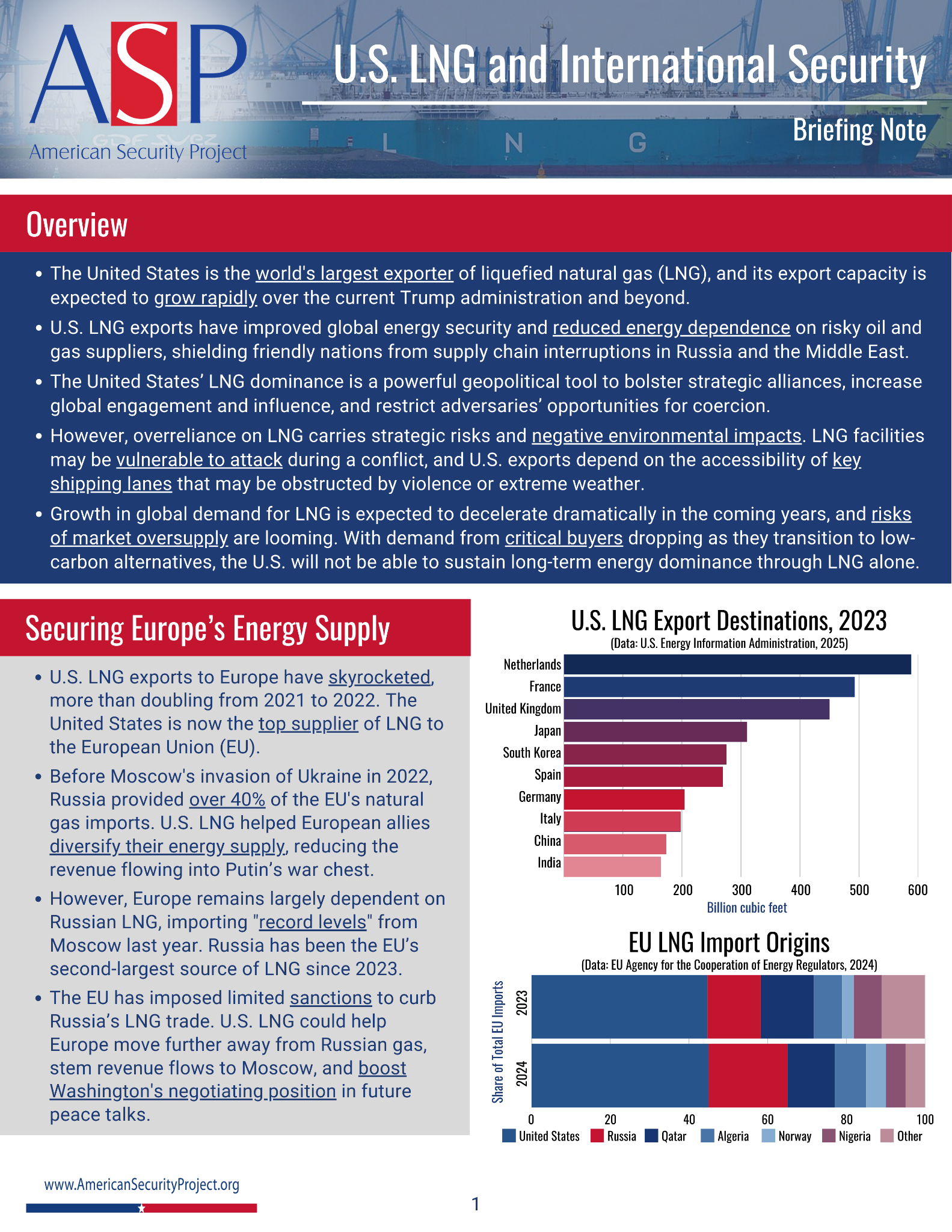
U.S. LNG exports are a powerful geopolitical tool with the capacity to bolster strategic alliances, increase global engagement and influence, and restrict adversaries' opportunities for coercion. However, overreliance on LNG carries serious strategic risks and negative environmental impacts for the United States and its partners. Read more...
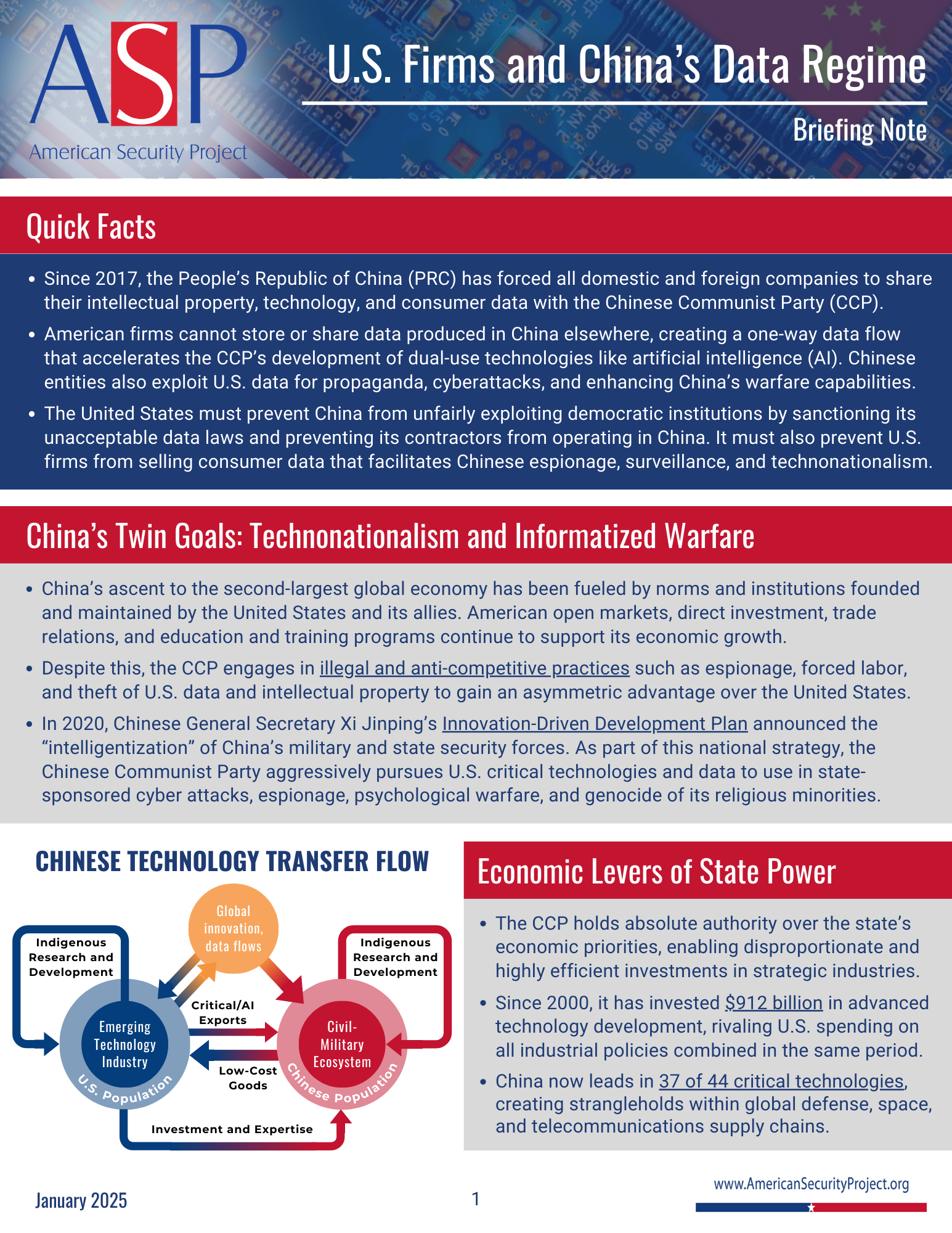
The People’s Republic of China forces all domestic and foreign companies to share their intellectual property, technology, and consumer data with the Chinese Communist Party. The United States must prevent American companies from selling U.S. consumer data in exchange for access to Chinese markets. Read more...
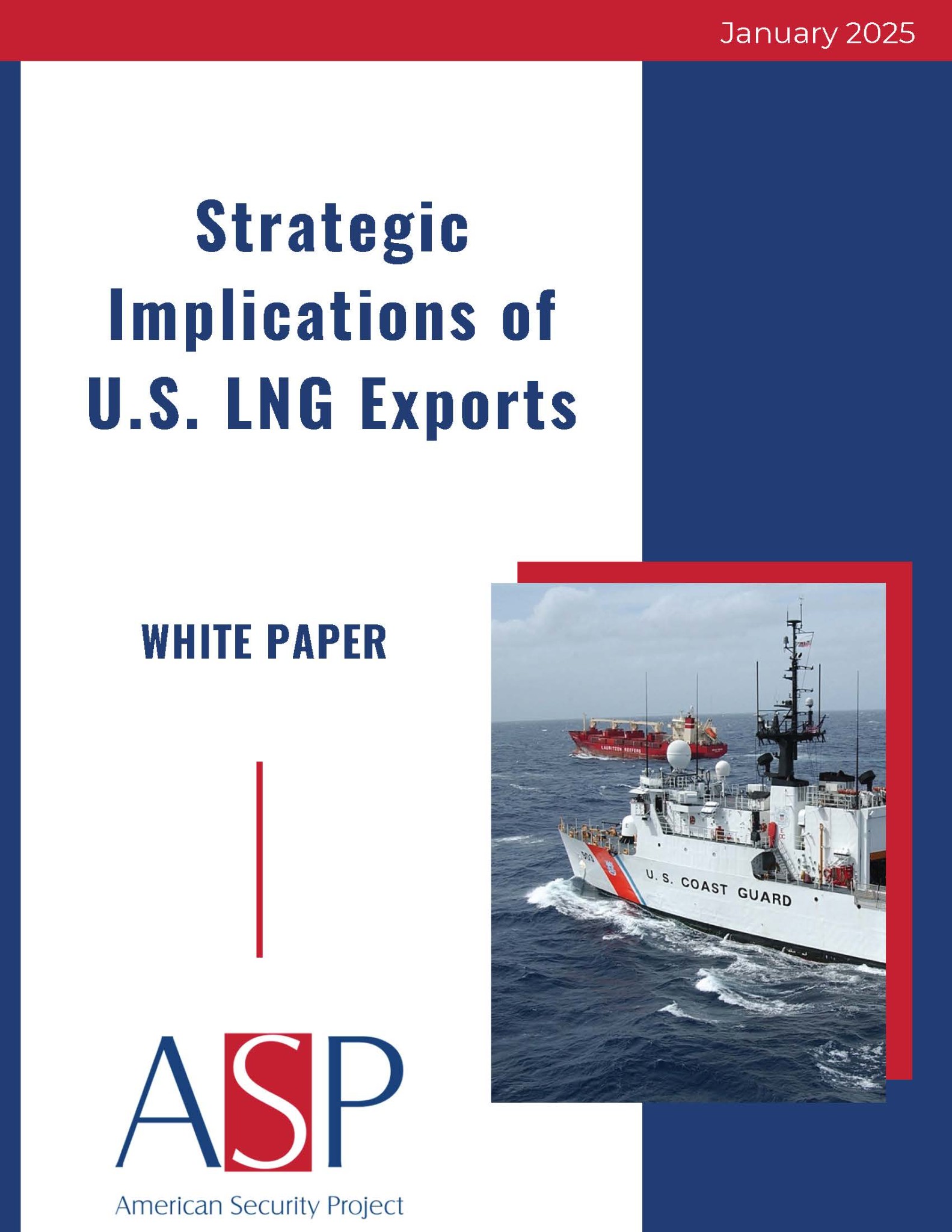
Affordable U.S. LNG exports have facilitated a global shift away from coal and play a critical role in diversifying global energy supplies, and reducing reliance on adversarial energy suppliers. However, new vulnerabilities are emerging. Read more...

On November 1st, the United States and Republic of Korea signed a Memorandum of Understanding on Principles Concerning Nuclear Export and Cooperation, a provisional agreement to “promote the expansion of peaceful nuclear energy.” This agreement will facilitate research cooperation, which can tackle some of the largest issues in nuclear power, while simultaneously bolstering each countries’ economic security. Read more...
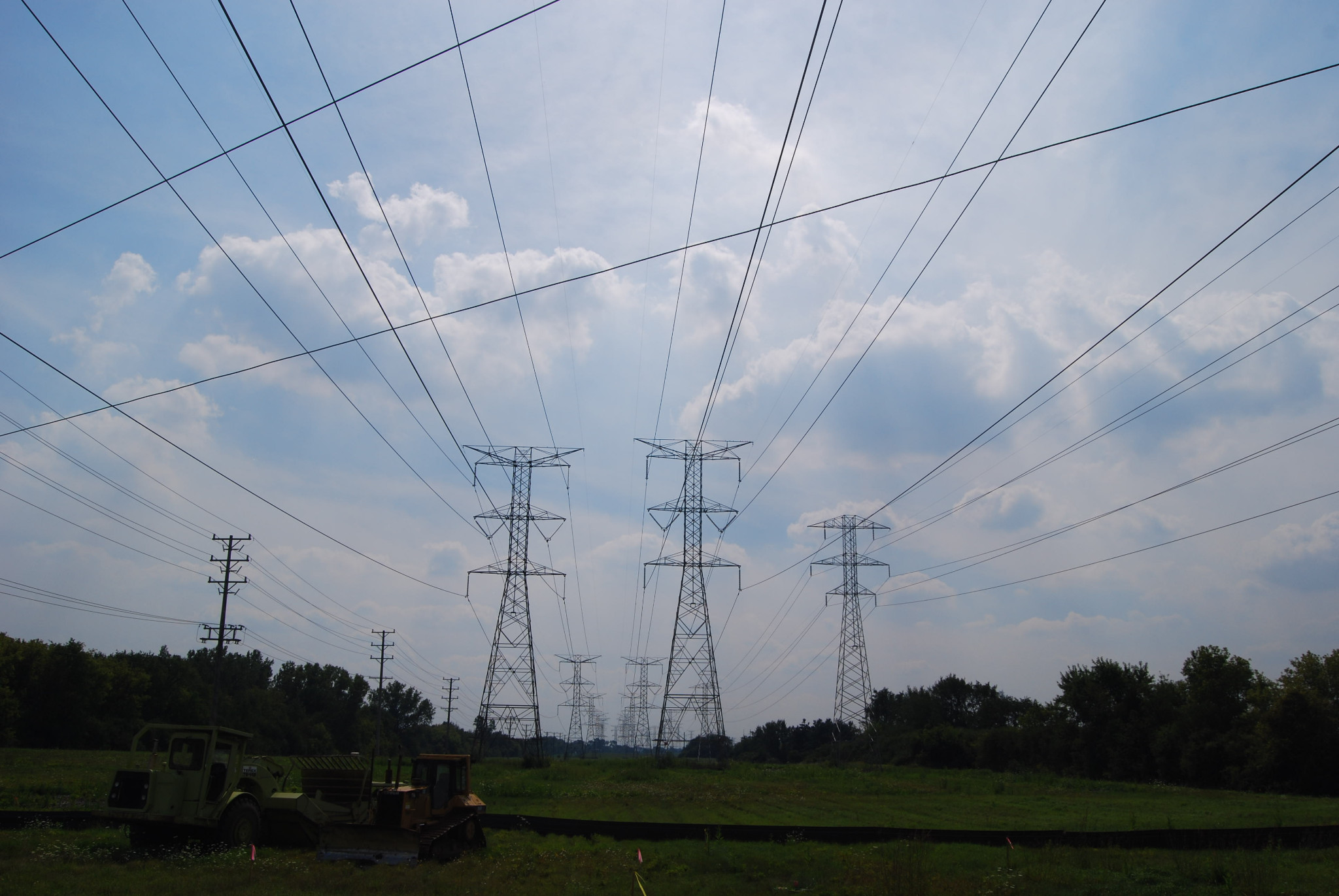
As the nation increasingly relies on renewable energy, electricity transmission will be of central importance to ensuring the lights stay on for Americans. America’s devolved transmission regulatory regime jeopardizes U.S. energy security. Read more...
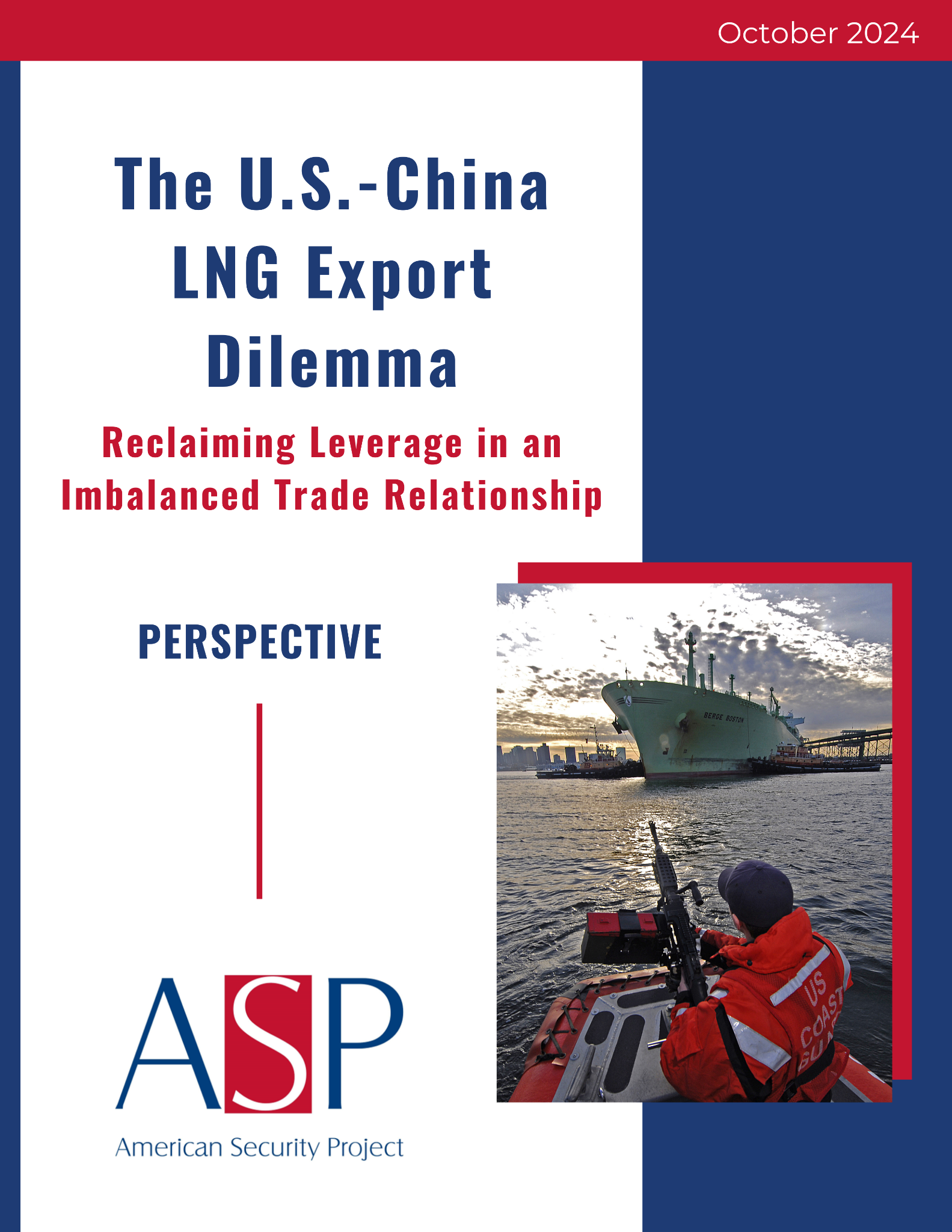
In its attempts to reduce its trade deficit with China, the United States is sacrificing its strategic advantage in global energy markets. Rather than building its dependence on U.S. supply, cheap LNG exports aresubsidizing China’s renewable energy development, expanding its geopolitical influence, and fueling its authoritarian objectives. A new competitive strategy is needed to mitigate oversupply risks and avoid a race to the bottom. Read more...

As hurricanes become increasingly intense and unpredictable, they pose a threat to U.S. national security in Florida. Should the state's electrical grids fail, civilian safety and military bases become endangered. Continuous efforts from the U.S. government to improve electrical grid resilience is necessary.Read more...

The shift towards electrical vehicles (EVs) brings into question whether current investment and supporting infrastructure are sufficient for growing demand. To encourage American buyers to switch to EVs, which are crucial to clean energy usage, the U.S. government needs to work with auto companies to balance vehicle pricing and upgrade the electrical grid.Read more...
Notifications